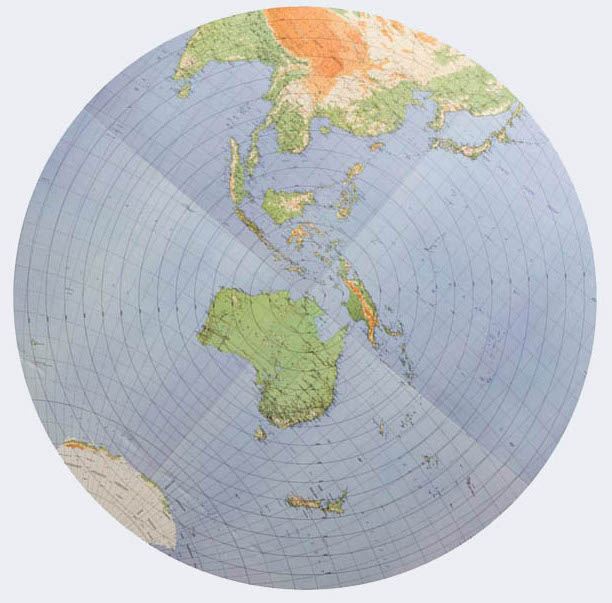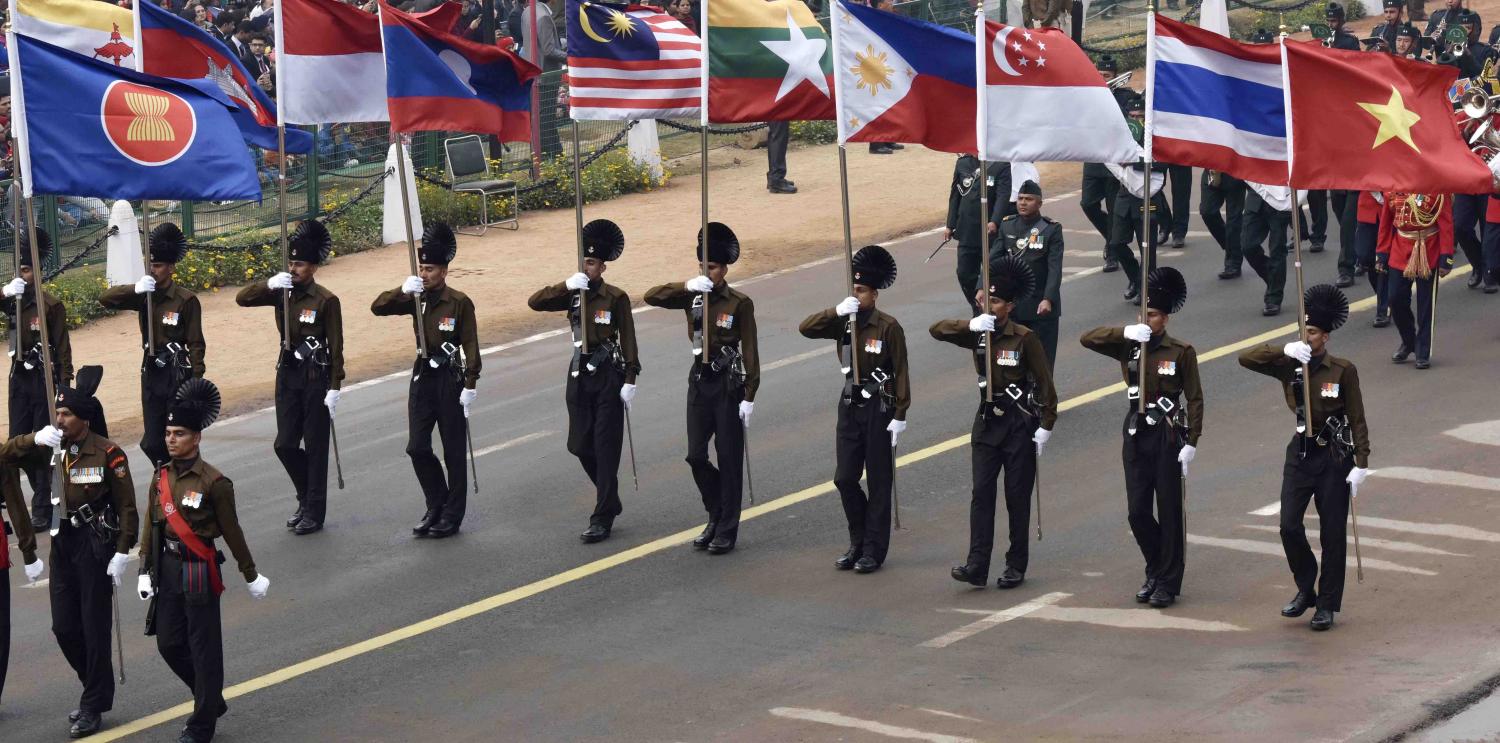Euan Graham has given a glass half-empty explanation of the significance of the Association of South East Asian Nations (ASEAN) in an attempt to explain Prime Minister Malcolm Turnbull’s enthusiasm for the forthcoming ASEAN-Australia Special Summit in March. In fact, there is good cause for the Department of Prime Minster and Cabinet to take on a steering role in the lead-up to the summit.
This is not only because ASEAN’s 637 (not 600) million people represent more than 15% of Australia’s trade, but also because when aggregated, ASEAN is Australia’s third-largest trading partner. ASEAN is not some optional, distant body with which Australia can afford to have equivocal and loose ties. It is Australia’s immediate front yard.
Almost as many students come to study in Australia from ASEAN (about 100,00 enrolled) as from China. Many Australian residents have heritage from ASEAN countries (896,000). Australia does more than $93 billion in trade with ASEAN. This is not a small fraction of Australia’s international trade, nor an inconsequential proportion of our community. Despite these significant figures, Australians tend to disaggregate the group, leaving ASEAN’s individual countries buried in statistical charts that instead feature countries such as China, Japan, and India.
There is a certain cavalier disregard among security pundits for South East Asia, who prefer to dismiss ASEAN as a “broken reed”. Many of them choose to focus on the great powers – on North America, Europe, and to a certain extent North East Asia, or even South Asia. But barely monolingual Australians really don’t feel comfortable mixing it with the ASEAN ten. After all, there is no one in charge. And which language of the ten does one bother to learn? What is more, ASEAN countries refuse to make decisions the way Australians would like them to. Often enough, they don’t even have the word “no” in their vocabulary, so getting a straight answer is devilishly difficult.
Yet for all its inconveniences, its insistence on form before function, on formalities and relationship-building before getting down to business, Australia is overwhelmingly dependent on ASEAN working and working well. ASEAN is an organisation that, no doubt, is easy to criticise. It represents a remarkable grouping of ten countries with different ethnicities, religions, economies, histories, geographies, political systems, strategic outlooks, cultures, and languages. Even its motto of “unity in diversity” is more of an aspirational statement than a statement of fact.
Yet despite the many aspects of ASEAN that can be criticised (some of which Graham picked up on), the organisation still happens to be terribly important to Australia’s security, stability, and prosperity. Not only is ASEAN Australia’s third-largest trading partner, but much of the rest of our trade passes through ASEAN waters to our top two trading partners.
Indonesia’s President Joko Widodo described Indonesia as the maritime fulcrum. He’s right. But it would be better to argue that not only Indonesia but the whole of ASEAN is the fulcrum of the Indo-Pacific. This map graphically makes the point.

That sense of being a fulcrum is also captured in the fact that it is in and around ASEAN that a wide range of important multilateral forums are convened, not the least of which are the East Asia Summit, the ASEAN Regional Forum, and the ASEAN Defence Ministers Meeting (ADMM) Plus construct. There are others. Indeed, the Regional Comprehensive Economic Partnership model emerged from the work undertaken in ASEAN.
Self-righteous Westerners have no difficulty finding fault with ASEAN. But they overlook how this remarkable organisation has managed to make its motto of unity in diversity virtually a reality. ASEAN is not the European Union, with a central government and a common currency. But it has never aspired to be so.
It is also worth reflecting on what the world would look like without ASEAN. There is a genuine sense that it has been instrumental in keeping the peace and fostering prosperity for the better part of half a century.
To recognise the difficulties and the importance of making the ASEAN–Australia relationship work optimally, Turnbull is convening his special summit, as well as a counterterrorism summit, and a business summit. In my capacity as Director of the ANU Southeast Asia Institute, I am working with a consortium of Australia’s leading academic institutions, business and government bodies to convene the “ASEAN-Australia Dialogue: Partnering for Security and Prosperity in Uncertain Times” to further discuss shared economic, security, and political challenges.
The conference aims to examine contemporary issues where there are differences of opinion between ASEAN and Australia; explore opportunities and partnerships that can enhance bilateral and multilateral relations between Australia and ASEAN; share academic, business, government, and community insights; and focus on listening to ASEAN experts.
The dialogue’s overarching theme is “Partnering for Security and Prosperity”. There is much to discuss and much to reflect upon. But one thing that is not needed is a cavalier discounting of the significance of ASEAN to Australia’s future in the world.

